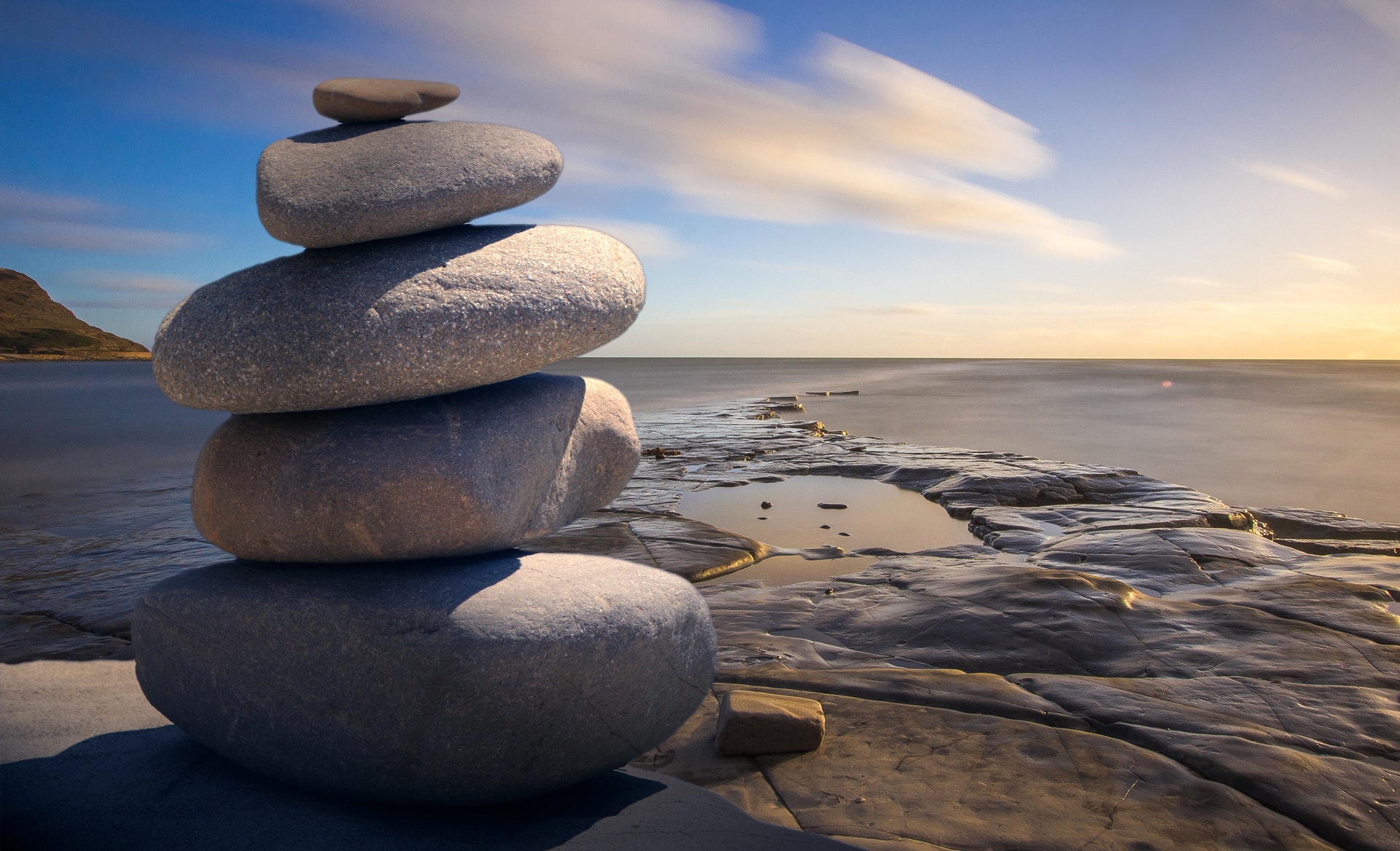Since the country—and much of the world—has moved to ‘social distancing’, working from home, canceling public events, and avoiding crowds to prevent spread of the Coronavirus, many of us find ourselves thrust into new situations.
This can feel disconcerting and stressful—not having our familiar routines and with many of our go-to places shut down; having to develop greater awareness of ways to avoid spreading the virus; and worrying about where this will lead and when it will end.
But this time of pandemic when our lives are changing dramatically—for weeks and perhaps months—is also a time of opportunity. It is an ideal time to change our habits: to develop healthy ones and let go of those that don’t serve us. Research studies bear this out: Changes in our environment can support us shifting from ‘habit mode’ into more intentional or planned behaviors.
When the context changes—taking a vacation, moving to a new residence, going to college, or being on lockdown because of Coronavirus—the ‘cues’ that trigger habitual behaviors are absent or less available, resulting in greater potential for new behaviors to be guided by intentions.
So, this is a great time to think about what you’d like to do more of—but perhaps haven’t found the time to do—and what you want to do less of—but haven’t had the energy or conditions to change. A key to effecting positive habit change is mindfulness—bringing conscious awareness without judgment to our moment-to-moment experience.
Awareness is key to changing habits—if we are not aware of our experience, we will continue to act out unhealthy habits unconsciously even though we may know they are not helping us.
Habits develop when behaviors are repeated often enough that these actions switch from intentional brain processes to automatic and unconscious ones—think of the way we automatically put on a seat-belt when we get in a car or brush and floss our teeth before going to bed.
Mindfulness makes what is automatic and unconscious conscious. So, the key is to find ways to remember to come back to our direct experience. Regular meditation—even 5-10 minutes a day—can help us bring our unconscious habits into awareness and cultivate the intention to make a change. There are many excellent apps to help cultivate a regular meditation practice that can become a ‘bedrock’ habit that will help you work with other habits.
When we develop the power of awareness—through meditation practice and by bringing mindfulness into our daily life activities—we can train ourselves to shift from an unhealthy habit to a mindful one. Here’s an example: let’s say you tend to beat yourself up, judging and criticizing yourself for your ‘failings’. With awareness—pausing when you notice you are in ‘judging’ mode—you can choose to change the channel and replace the judging thoughts with kind thoughts about yourself. When you hear the inner voice saying, ‘I’m such a loser’ or ‘I never get anything right’, choose to replace that thought with an intention and wish of compassion towards yourself, ‘may I be happy’, ‘may I be kind to myself’, ‘may I accept myself as I am’.
If there’s a behavior that you’ve been wanting to change, now can be a time to pay attention to it. Let’s say you eat sweets unconsciously when you are feeling sad, anxious, or lonely. Think about the context when these feelings and the ensuing behavior arise and how you might work in advance to lessen the likelihood of acting out the habit. When you shop, for example, you might choose to buy only healthy snacks, so they are what is available when the feelings arise.
Think ahead too about how you might meet the difficult feelings when they come up and prepare a helpful response. Practice meeting the difficult feelings when they arise with kindness, recognizing the sensations, thoughts, and emotions and letting them come and go—knowing that these challenging feelings last only a limited time and that you can learn to ‘ride the waves’ of these feelings when they come up.
You can also make healthy habits easier to carry out—leaving your running shoes by the door so that you remember your intention to go for a run after work—and make unhelpful habits harder to do—not buying ice cream or sweets, so they are not available when the craving to snack arises.
If you do act out an unhealthy habit, try meeting this ‘lapse’ with kindness and compassion while committing to the healthy behavior. With practice we can train our minds—the key is to be able to pause and be present. In that space we recover our ability to choose helpful responses that lead to greater well-being and freedom.
Life is giving us lemons with the Coronavirus; new healthier habits can be the lemonade we make from the changed environment.


